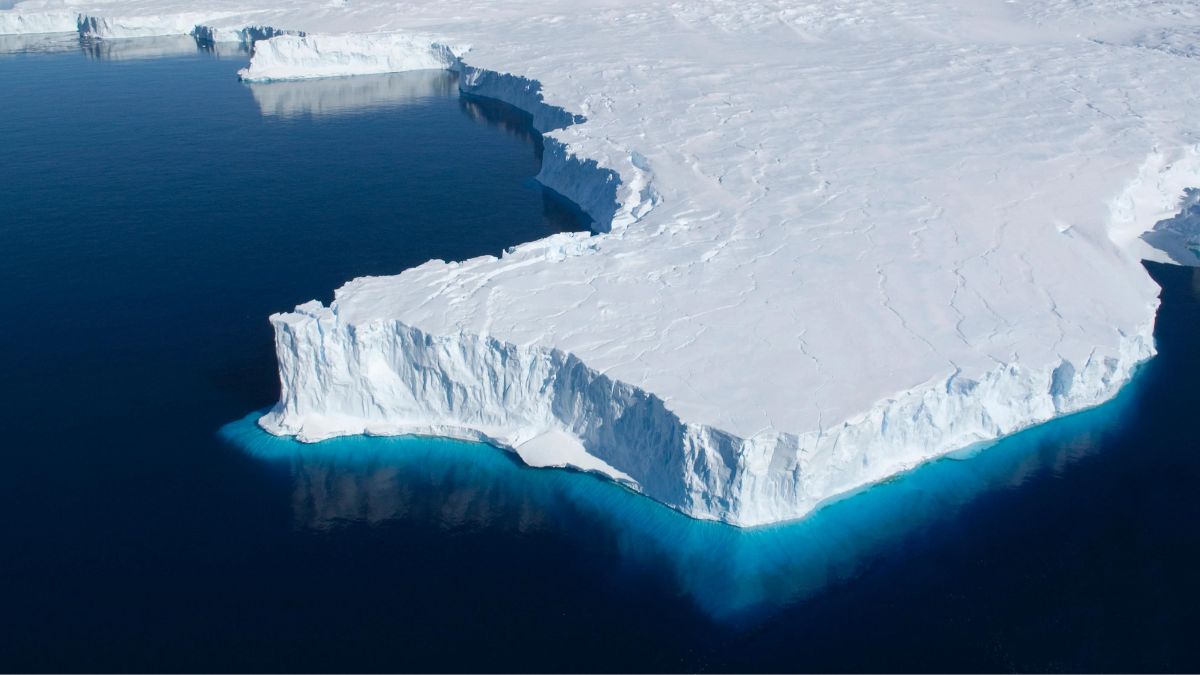A study brings to light the possible damage the accelerated melting of ice shelves could cause in making sea levels rise.
In a few years’ time, sea levels are set to rise rapidly and thus pave the way for major problems in the world’s climate conditions. The reason being attributed to this possible phenomenon is the fast melting of Antarctica’s ice shelves.
Researchers at Caltech and JPL have developed a model that points to the accelerated levels at which Antarctica’s ice shelves have been melting. The new model which studied the narrow ocean current along the Antarctic coast, created simulation to explain how the fast flowing freshwater that are generated from the melting of the ice shelves ends up trapping dense warm ocean water at the base of the ice causing it to warm and melt much more than ever.
Melting of ice shelves could cause problems
The result of the study has been published in the journal Science Advances this week, and it brings to light the damage the accelerated melting of ice shelves could cause in the long run.
The ice shelves along the Antarctic region are in fact the ice sheets that jut out from land and floats atop the ocean surface. Most of these shelves are around several hundred meters thick, and play the role of buffer for the mainland ice so as to prevent ice sheets from flowing down into the ocean.
Exploring possibilities of sea level rise
But with warmer oceans and surface temperature, predominantly caused due to climate change, these ice shelves are often at the risk of melting and flowing into the ocean and raising ocean levels. Going by the study, the current situation could lead to melting of ice sheets to around 40 percent more than actual predictions.
Researchers feel that they have been able to model the interactions between the ocean, ice shelves, and the atmosphere so as to make accurate predictions. However, much more research work needs to be done on this terrain so that sea level rise predictions during the coming decades could be made.


